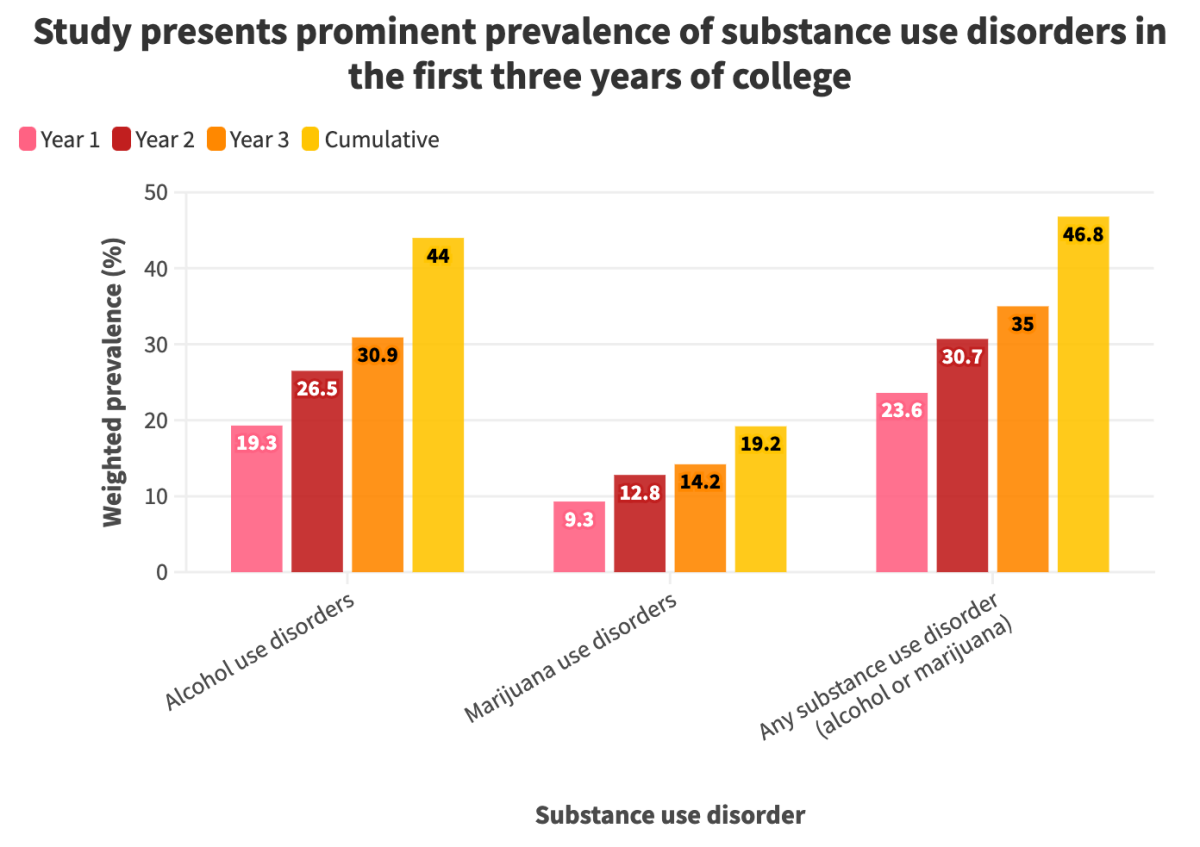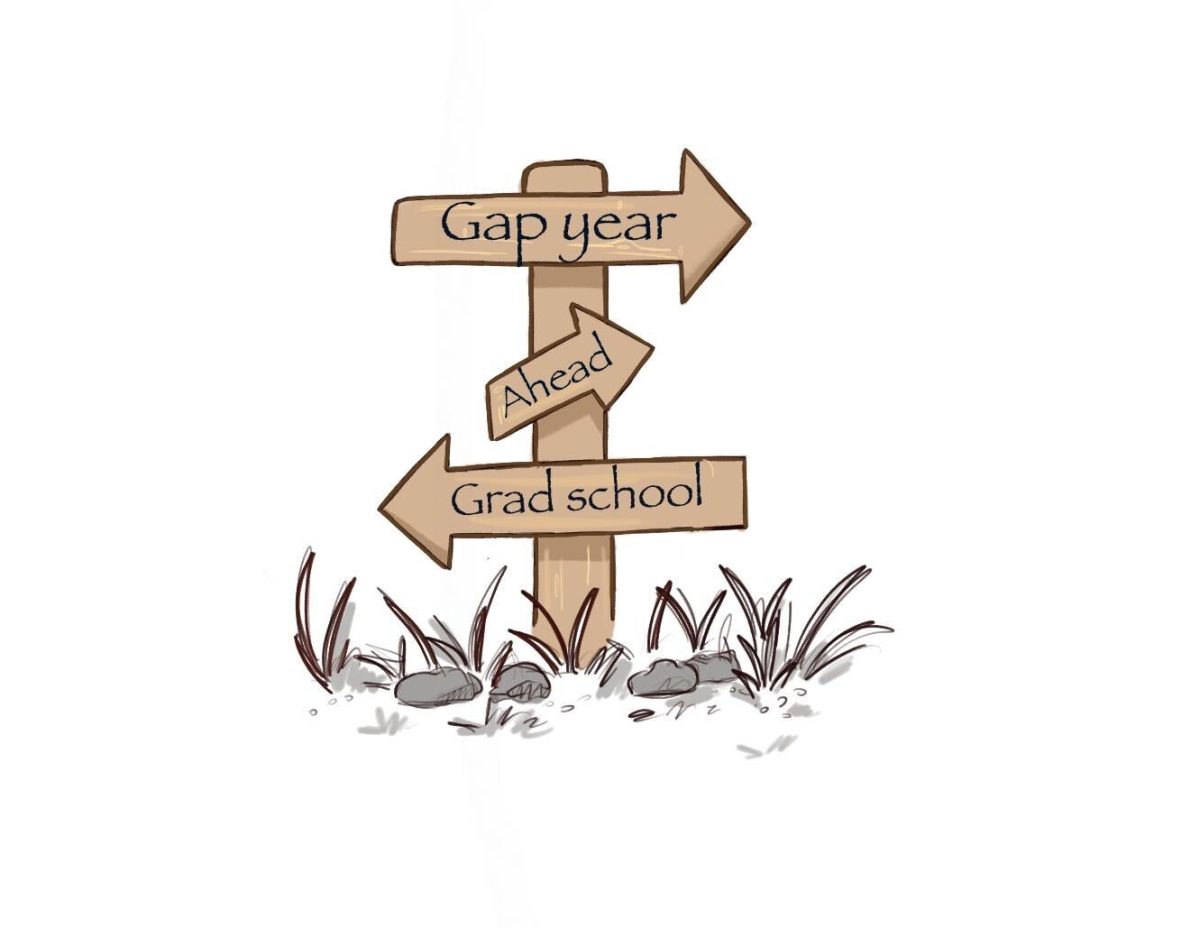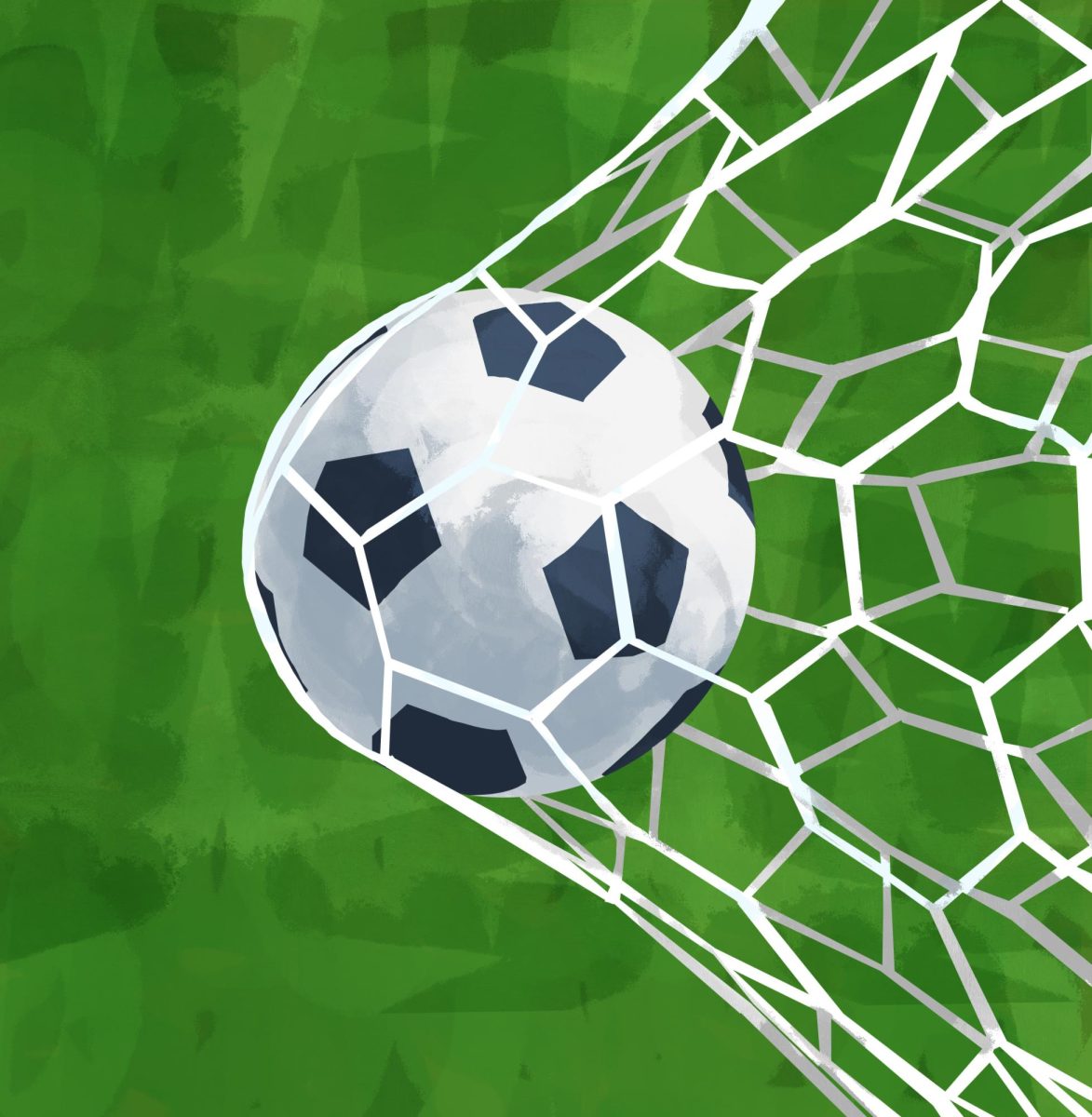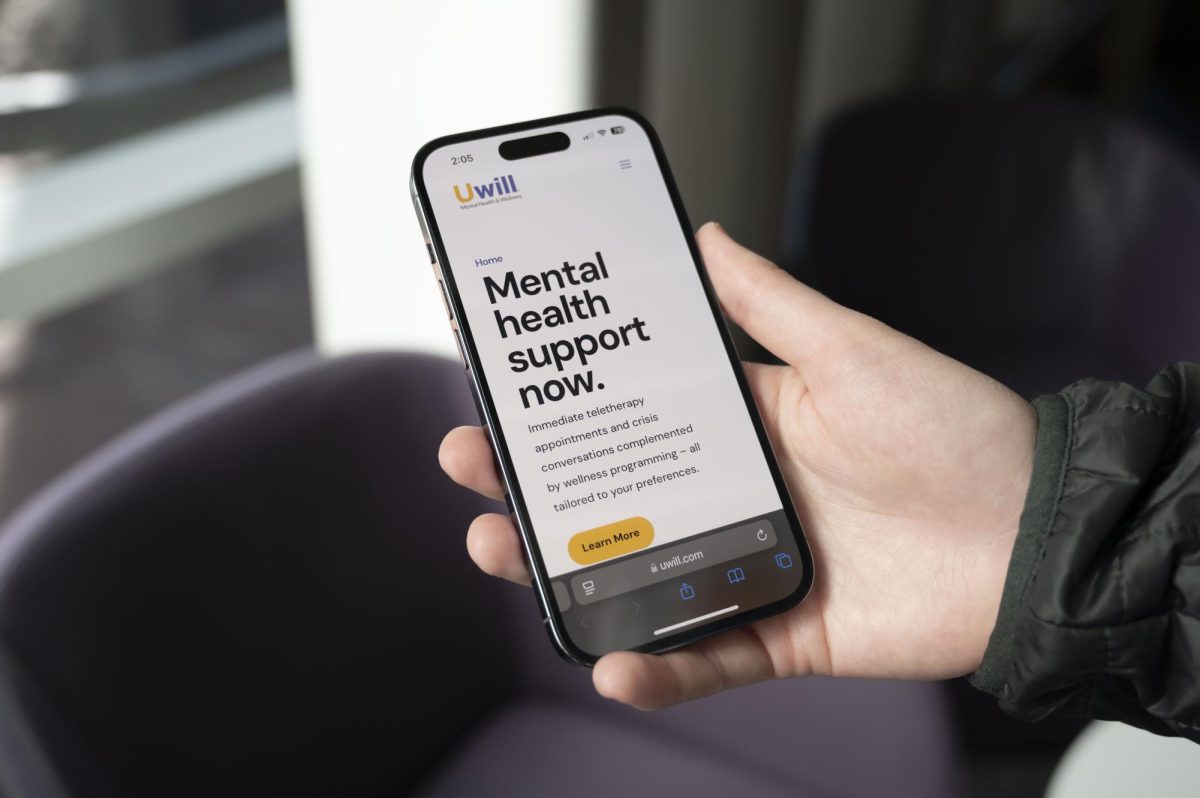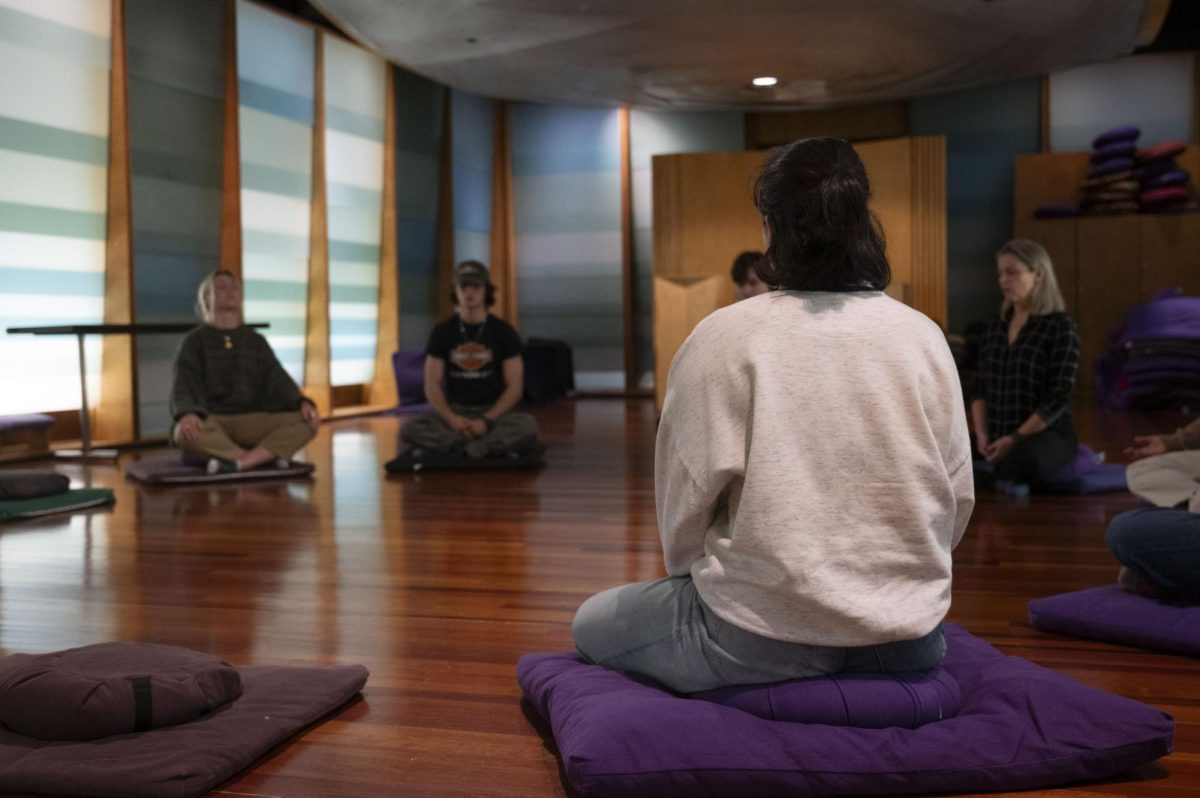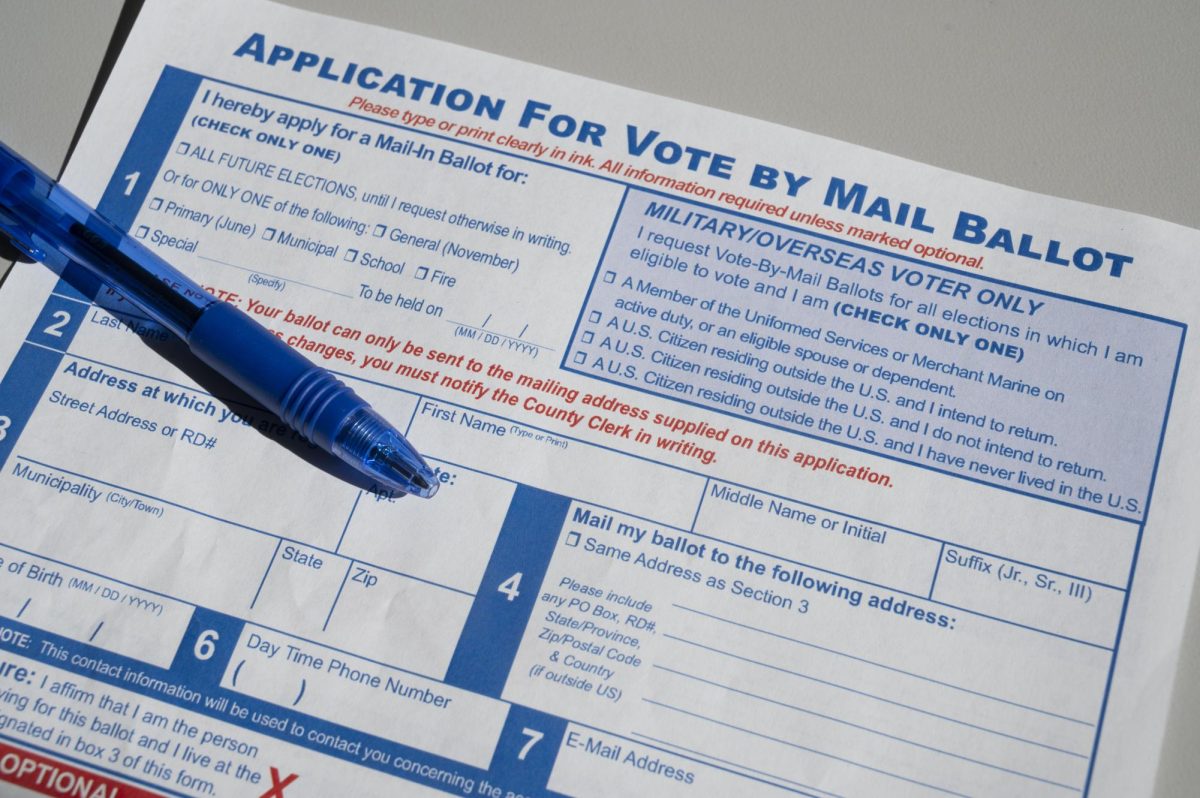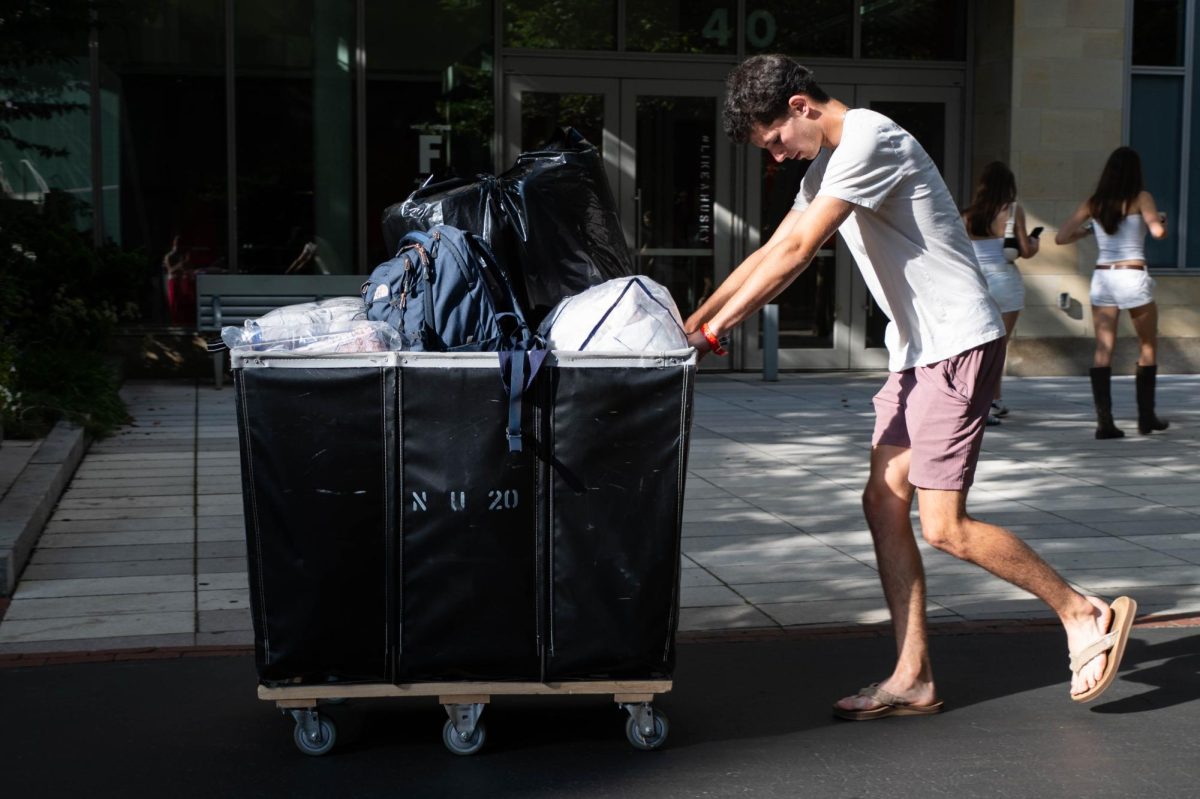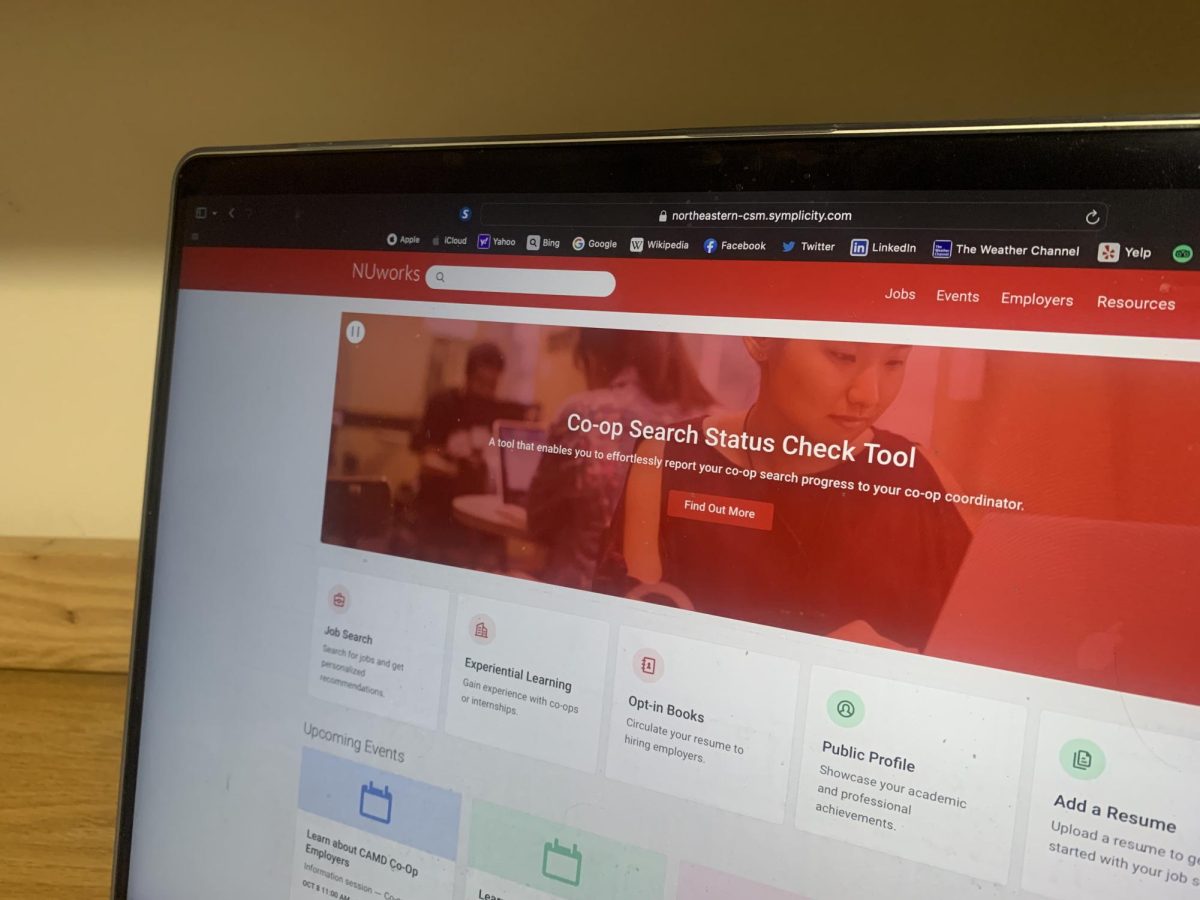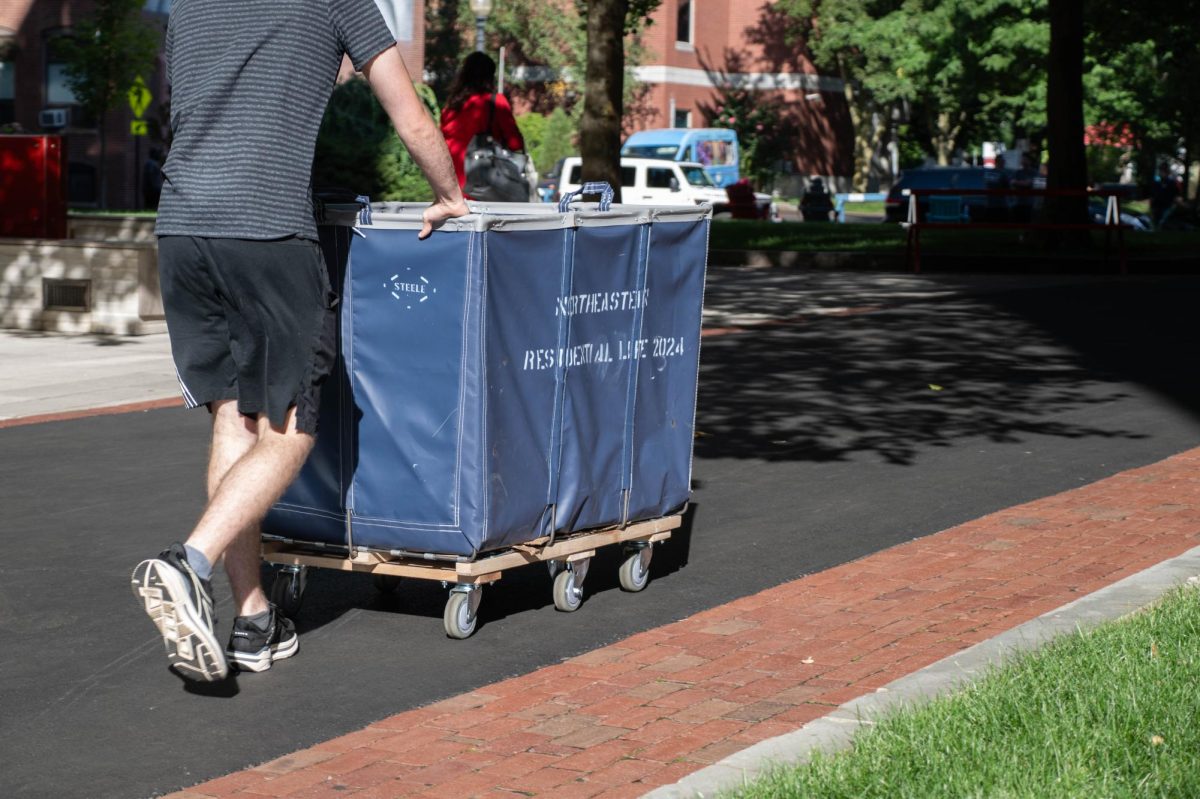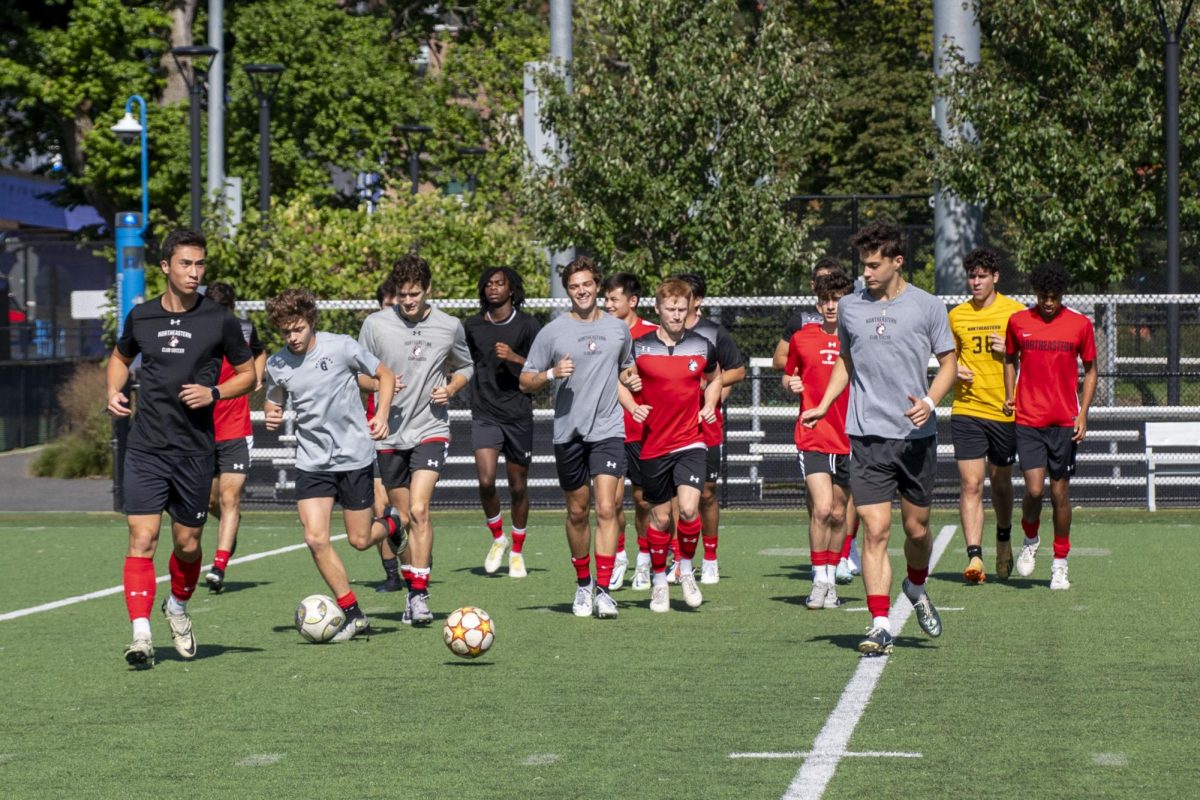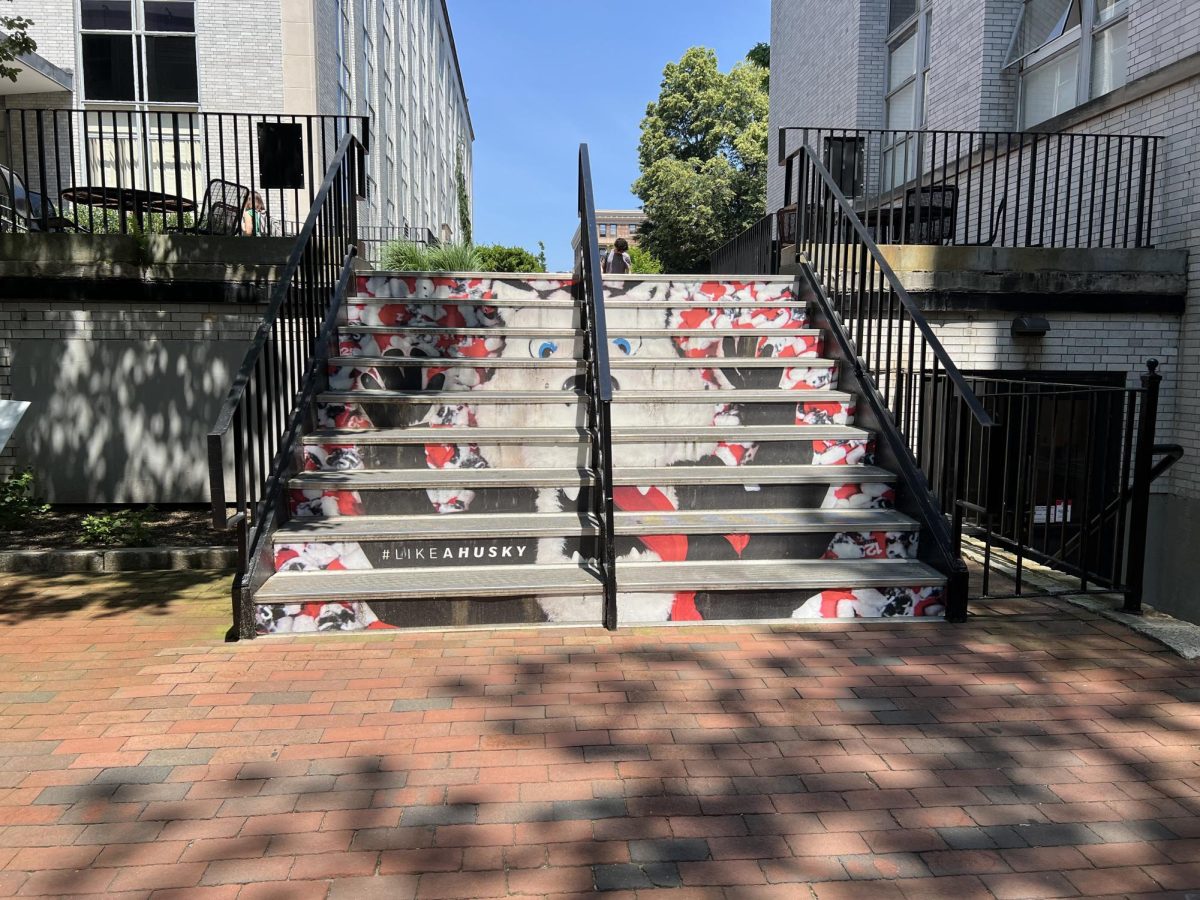Around 21 million Americans suffer from an addiction, and contrary to popular belief, it is also treatable, yet only a mere 10% will seek treatment. To address this, we must dispel prevailing misconceptions, notably that drug addiction and alcoholism are choices, despite the American Medical Association‘s recognition of addiction as a medical disease in 1987.
Addiction does not discriminate; it affects people with or without a family history of abuse and takes down people from poor backgrounds, professional executives and famous celebrities. Understanding that addiction is not a choice but a neurobiological condition, essentially a brain disease, is key to saving people.
At a staggering 39%, 18- to 25-year-olds are the population with the highest drug use, and most of them are college students. That number is explained by the fact that college students are constantly grappling with a myriad of stressors, such as relocation from their hometowns and academic pressure. In addition, students have heavy financial burdens, especially in cities like Boston, where daily expenses are 50% higher than the national average.
These stressors also clarify the prevalence of mental health conditions among university students, which have doubled from 2013 to 2021. With depression rates rising by 135% and anxiety rates by 110%, individuals are driven toward substance abuse as a coping mechanism.
Consequently, universities have been responding to the growing mental health crisis. Northeastern’s UHCS offers walk-in hours and Find@Northeastern service available 24 hours, seven days a week over the phone. Despite these efforts, Northeastern tends to overlook the aspect of addiction in its health services — support groups are available for grieving students, international students or sexual trauma survivors, yet nothing for recovering addicts. The Health and Wellness Center has no social media post history related to awareness of addiction, and its website states that they “reinforce healthy choices and encourage responsible decision-making regarding the use of alcohol and other drugs” — accentuating the notion that being an addict is caused by irresponsible choices.
Addiction Center, a web guide providing information for individuals grappling with substance use disorders voices that “Those who are enrolled in a full-time college program are twice as likely to abuse drugs and alcohol than those who don’t attend college.” Still, universities, including Northeastern, opt for punitive measures instead of a policy focused on assistance and non-judgmental treatment. This is already the norm for other diseases, so how is addiction any different?
Addiction is a brain disease. A student should not be ashamed to ask for help — they should be proud to be brave enough to tackle addiction. A student does not have to be partying every night or failing classes in order to become an addict. They just need to take one pill or one drink to trigger the onset of the disease, which is why it is paramount to treat addiction as a medical condition that deserves the same attention, awareness and action as other conditions.
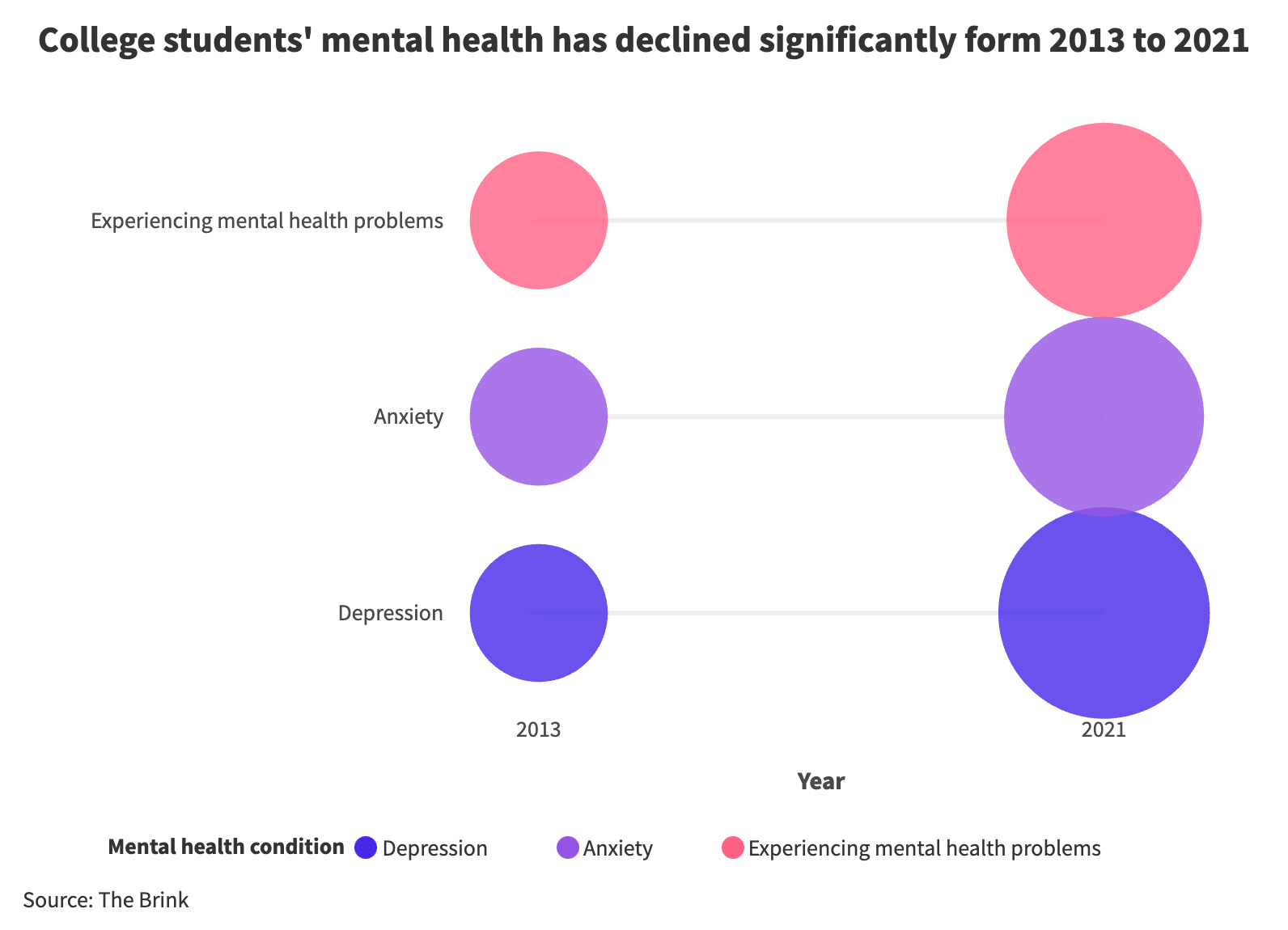
Breaking taboos and raising awareness must be the first stride in solving such a health crisis. Students need to be encouraged to seek out help both outside of and on campus. For example, incorporating addiction awareness into student orientation and educating the student body on signs of addiction and contacts for support services will lower the silence on addiction and lead to proactive solutions. In addition, prioritizing healthy coping mechanisms is equally crucial.
Alcoholics Anonymous has a proven track record of dealing with alcohol abuse and other types of addiction. Establishing a weekly AA meeting on campus would be a great opportunity to let students know that resources are available.
While campus police play a dual role in law enforcement and community service, it is crucial to recognize the potential dangers of treating drug-using students solely as criminals. Approaching the issue with a punitive mindset may exacerbate the problem, hindering the path to rehabilitation and support. By incorporating campus police into awareness campaigns and providing them with educational tools on handling addicted students, we could open avenues for a more comprehensive approach. It means not seeing drug-related issues only as legal violations, but as a complex health challenge that requires understanding and empathy. The police can be part of a holistic solution, fostering long-term positive results.
The lack of addiction awareness and resources is a problem that persists in Northeastern classrooms, with health science majors voicing concerns about limited materials and classes provided on the topic. The limited comprehensive education on addiction leaves aspiring healthcare professionals without the essential tools to effectively navigate this issue in their future careers. Therefore, the implementation of mandatory classes tailored for students majoring in health-related disciplines will empower them with a deeper understanding of addiction and address substance abuse within university campuses.
Addiction is not a distant issue, but a pressing concern fostered by the stressful college environment. Universities must shoulder the responsibility of saving lives through proactive support measures. Colleges should come together with specialized organizations, students, parents, professors and law enforcement to reduce addiction in their students. In the words of Matthew Perry, “Addiction is far too powerful for anyone to defeat alone. But together, one day at a time, we can beat it down.”
Derek Telep is a Master’s student in criminology and criminal justice. He can be reached at [email protected].


